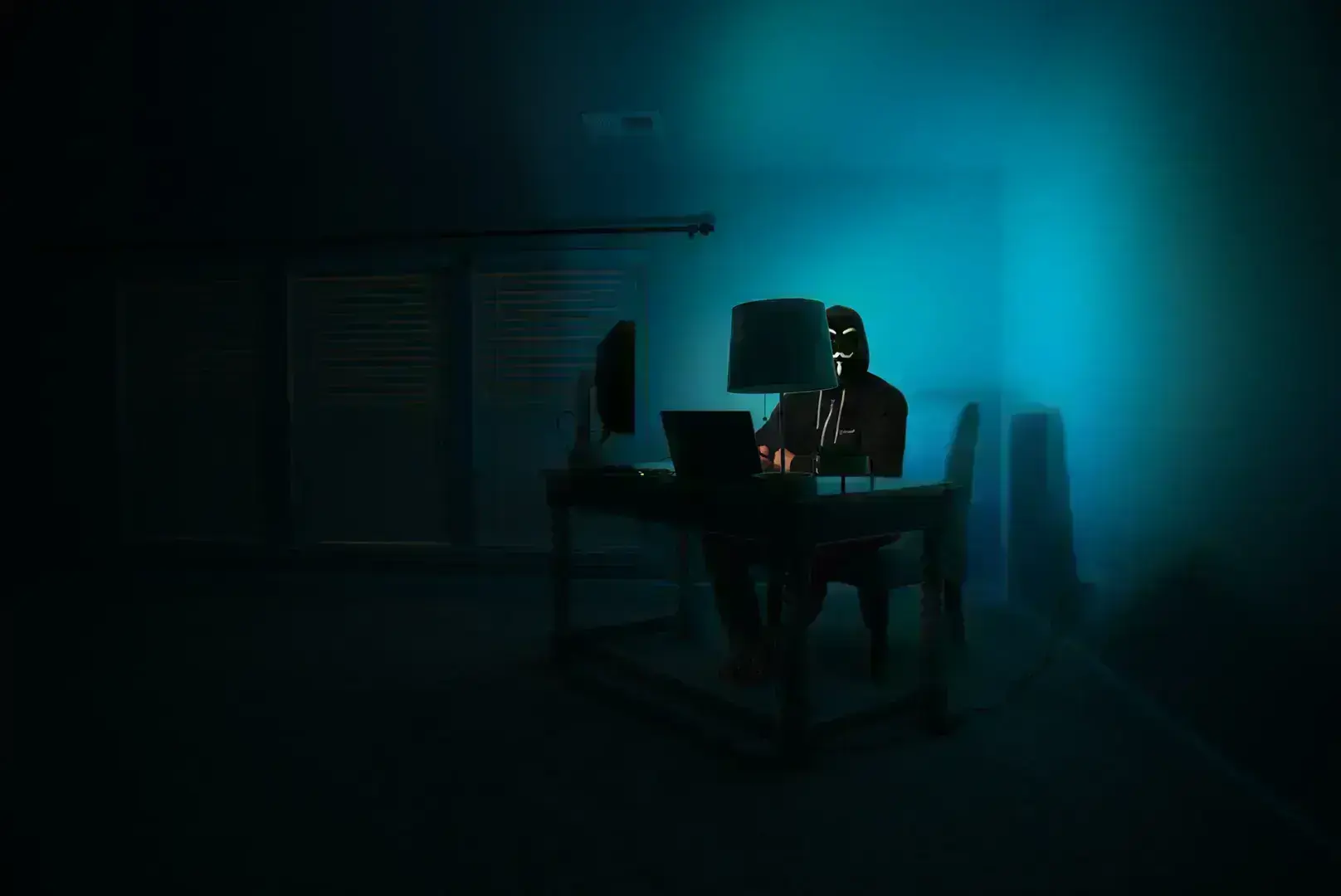
Are hackers the good guys?
Mr. Robot reshaped views on hackers, showing Elliot’s complexity and highlighting ethical (white hat), criminal (black hat), and morally grey hackers.
Back in 2015, director Sam Esmail turned the world upside down with his new astonishing TV series Mr Robot. What caused a stir was its main character Elliot, played by Emmy Award winner Rami Malek, towards whom all of the viewers felt sympathy and compassion — which is extremely surprising, considering the fact Elliot worked as a hacker. Mr Robot is just another TV series that has proven the world is never black and white, yet some people tend to assume all hackers are bad. Are they right?
What is a hacker
As the term hacker has been misused for years, only a few people know its older meaning. Until around 1975, the word did not refer to someone who gains unauthorized access to computer records but rather to someone who enjoys programming for its own sake. The Jargon File, the most popular glossary of computer programmer slang, defines a hacker as “a person who enjoys exploring the details of programmable systems and how to stretch their capabilities, as opposed to most users, who prefer to learn only the minimum necessary “. As you can see, the definition says nothing about breaking the law. Who does, then?
What a hacker is not
What happened back in the 1970s was mainstream journalism and popular media in general adjusted the term hacker to their language that would describe sensational events and attract as many readers as possible, creating an entirely new meaning of the term, insulting hackers from all over the world and implying they use computers to perpetrate criminal mischief.
The very first students from the Massachusetts Institute of Technology may be just as guilty as they were and still are pretty popular for playing pranks on each other. Because of mass media transformation, what was then an innocent joke is now understood as a crime.
Hacker ethics
Most people might not be aware that there are various kinds of hackers, and the differences between them are nowhere near subtle. The hacker society’s most popular division is into white and black hats, and the easiest way to understand those two is as ethical and non-ethical hackers because, yes, hacker ethics do exist. As Robert Steele, CEO of Open Source Solution, said in an interview on PBS: “Hacking is an essential skill set in our society because these are the experts in how the systems work and how the systems fail. The people who use that expertise for bad are bad. People who use that expertise for good are good people “.
White hats
As you have probably already guessed, the white hats use their skills for good, legal purposes. They are very often employed by corporations or even by governments to test their security systems. They try to penetrate the systems the black hats (meaning the bad guys) would, but instead of breaking the law, they report any vulnerability back to the company. The best examples of white hat hackers are Tim Berners-Lee, the creator of the World Wide Web, and Steve Wozniak, the co-founder of Apple.
Black hats
If I were to describe black hats with just one word, it would be criminals. This group use their skills to take advantage of the vulnerabilities mentioned above, maliciously entering security networks and thus stealing data or destroying files. These are the people mass media talk about, referring to them as hackers, while the more accurate term to use would be crackers. One of the black hat hackers worth mentioning is Adrian Lamo, who broke into the computer networks of Google, Microsoft, Yahoo! and The New York Times and who recently reported Chelsea Manning to the U.S. authorities.
Grey hats
As I have already mentioned earlier, the world is never black and white, and it is the same in hacker society. It is hard to identify some hackers as white or black hats as they do not necessarily look for their gratification but still break the law. This group of hackers is called grey hats, and the best way to understand what they are is to think of Anonymous. This group of activists from all over the globe has hacked a lot of government websites and security corporations. Still, they do that to fight corruption, ISIS or Ku Klux Klan whose Twitter account the Anonymous have broken into after the KKK had threatened protesters in Ferguson, Missouri.
How to become a hacker
Starting with “learn how to programme” may sound ridiculous, but the fundamental skills are usually the most important ones. Eric Steven Raymond, the author of The Jargon File, has created an excellent offline guidebook for newbies and hacking enthusiasts, gathering all crucial answers and questions in one place. The job, however, is never easy as we are living in a technological era where new solutions are invented every single day, especially when it comes to cyber security.
Hopefully, you now know the difference between good and bad hackers and see how essential the job of white hats is. Coming back to Mr Robot, which hat do you think Elliot wore?

Contact us.
If you need a partner in software development, we're here to help you.
We will respond to your enquiry immediately.